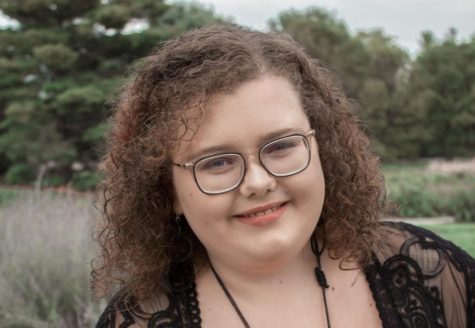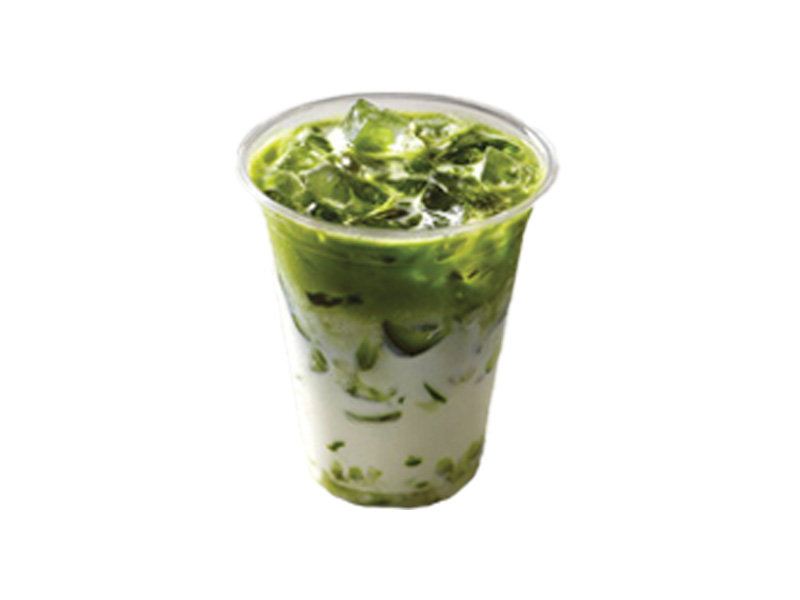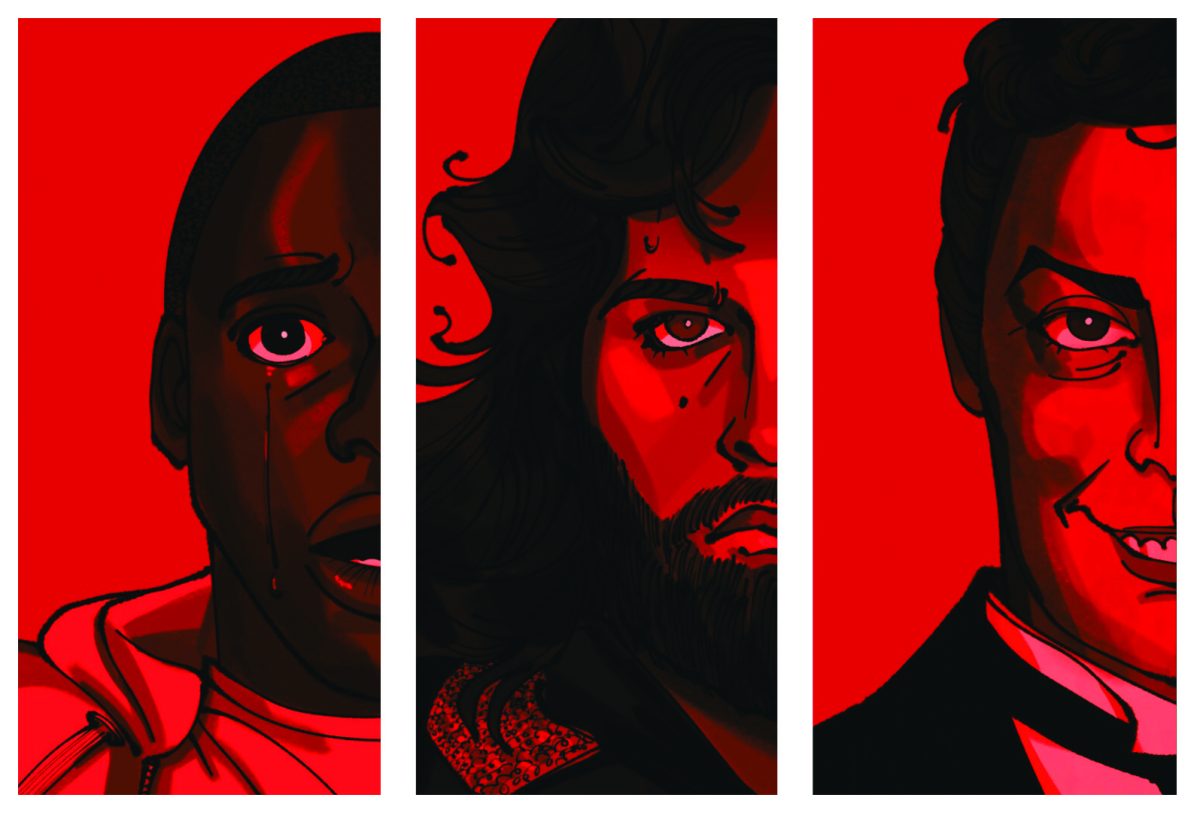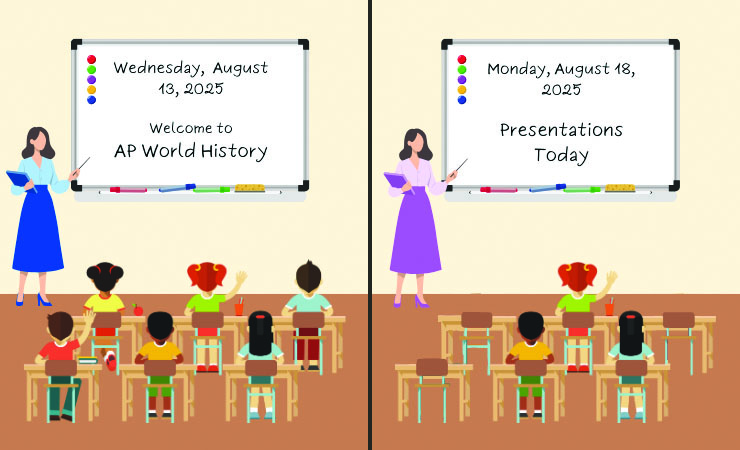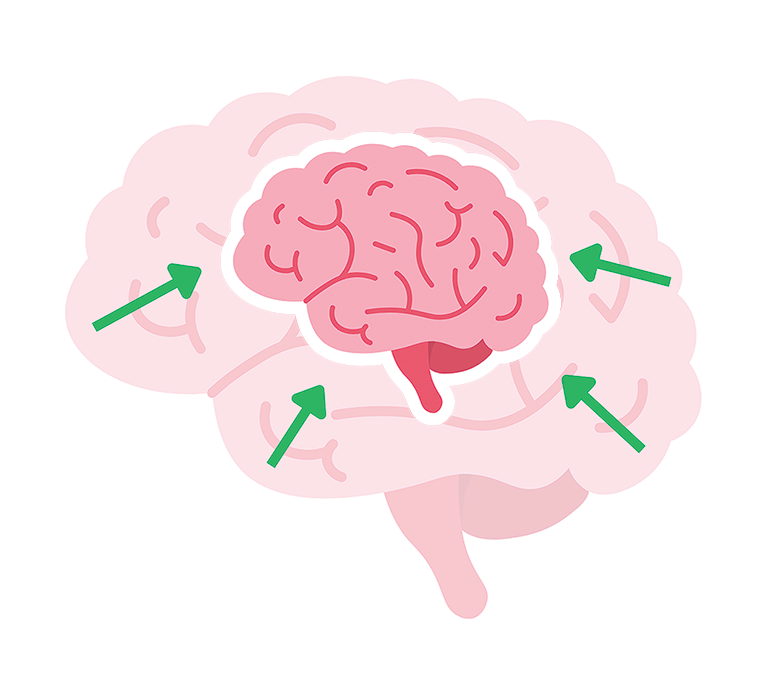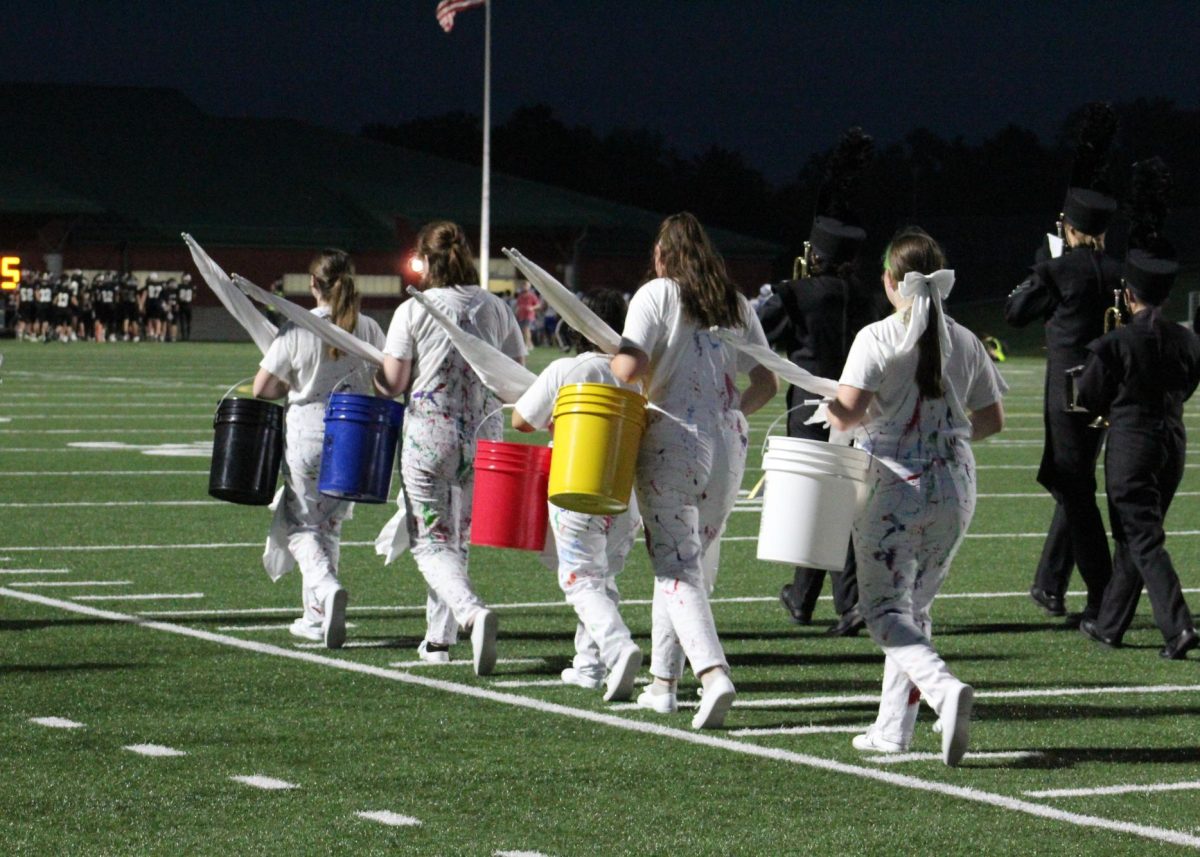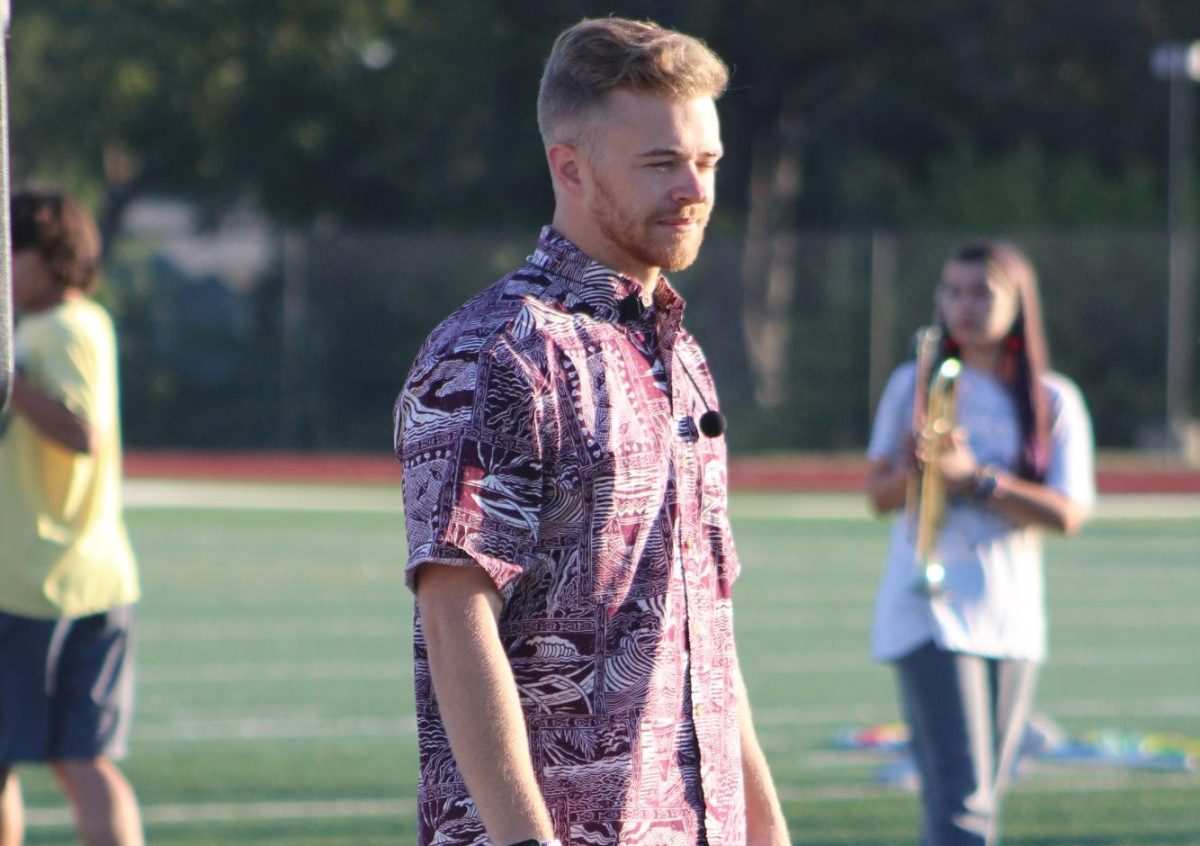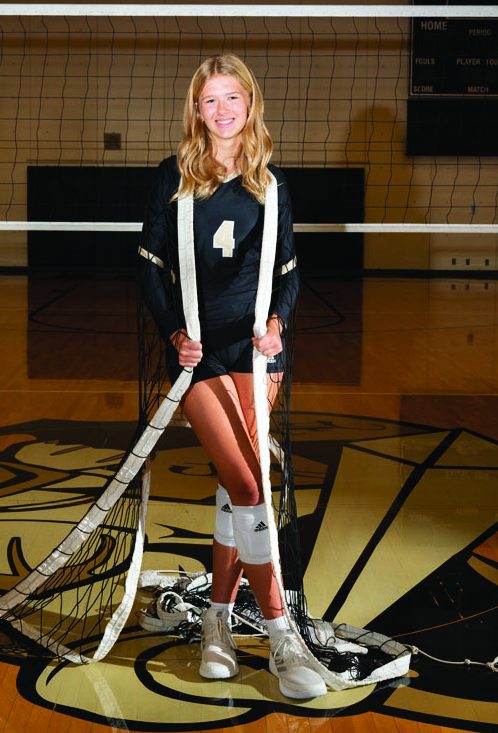Narrative Medicine: Megann Timm discovers the key connection between humanities and science

May 18, 2021
When students are very young, they are asked what they want to be when they grow up. Many of their answers correlate to their interests: ‘Well, I really like my teacher so maybe I will also be a teacher.’ ‘I really like running, so maybe I will become an Olympic athlete.’ Interests help students realize what they like to do, and what they can do in their futures.
One way students are able to explore their interests is through extracurriculars. Extracurricular activities are a large part of the high school experience. Joining after school activities helps students learn and expand the interests they might otherwise not be able to enjoy during school hours. According to a report from the U.S. Census Bureau, in 2014, 57 percent of children and teens are involved in at least one extracurricular activity. While the majority of Lincoln Southeast High School (LSE) students are involved in extracurricular activities, it is the amount that students are involved in that differs.
Megann Timm (12) is involved in several extracurricular activities. These include Color Guard, theater, choir and speech. Along with her activities, she also has a part time job as a cafeteria worker at Bryan Hospital and is actively involved in her church.
While most students join extracurricular activities to boost their college resumes, Timm has more reasoning for her joining Color Guard, for which she has been the captain for this year.
“I actually started the Color Guard team because I wanted to make my older sister proud. She was an ROTC [Reserve Officers Training Corps] for the Air Force, but I can’t join the military because of medical issues,” Timm said. “I didn’t even really know what [Color Guard] was. I thought it was people who helped hold the American flag; that’s ROTC. Then I figured out what it was and I fell in love with it.”
Timm also had similar intentions when she joined the theater department her freshman year.
“I started theater just because I’ve always been interested in theater, it’s always been such a point of inspiration for me,” Timm said.
While Timm originally wanted to be involved in the acting side of theater, she started behind the scenes, which she quickly fell in love with. Most recently, Timm served as the Assistant Stage Manager for the 2021 Spring Musical “Little Women”.
While it is obvious that Timm has a large place in her heart for the humanities, her future career involves more of a scientific focus.
“I’m going to UNL’s [University of Nebraska-Lincoln] College of Agricultural Science and Natural Resources… I’m going there to study pre-veterinary sciences, which is a non-degree major, so I’m also minoring in fisheries and wildlife so that I can continue my path towards exotic animals because I want to be a zoo vet,” Timm said.
While many may be wondering why Timm is involved in humanities related activities while eventually focusing on the sciences, recent research has shown a positive correlation between the humanities and the sciences.
Business journalist George Anders wrote in his book titled “You Can Do Anything: The Surprising Power of a ‘Useless’ Liberal Arts Education ” that as the world becomes more dependent on science and technology, the less creative and empathic the human race becomes.
According to Anders, this divide between the humanities and the sciences makes it “even more essential it is to bring human judgement into the junctions of our digital lives.”
Doane University in Crete, Nebraska has brought this idea into its curriculum with a class titled “Narrative Medicine” which, according to the course description, teaches students to explore “the intersection between the study of narrative and the art of caregiving.”
Now that this correlation is starting to be recognized at the collegiate level, even more students like Timm have realized their interests, while not directly related to their aspiring careers, can help them immensely in the future.
“I was confused for while that I still wanted to be a vet and how much I loved the arts, but now I know that I can love both and still be me,” Timm said.
Timm is not alone in her differing interests that will lead her to a career as a zoo veterinarian with a love for theater and all things relating to the arts. Despite the world becoming more digitally dependent by the day, the arts continue to preserve and provide a point of view that coding and wires simply cannot.
There will be a time when technology will become irreparable, and hopefully there will be people like Timm that will still show the rest of the world that we can still be digital and human at the same time.

